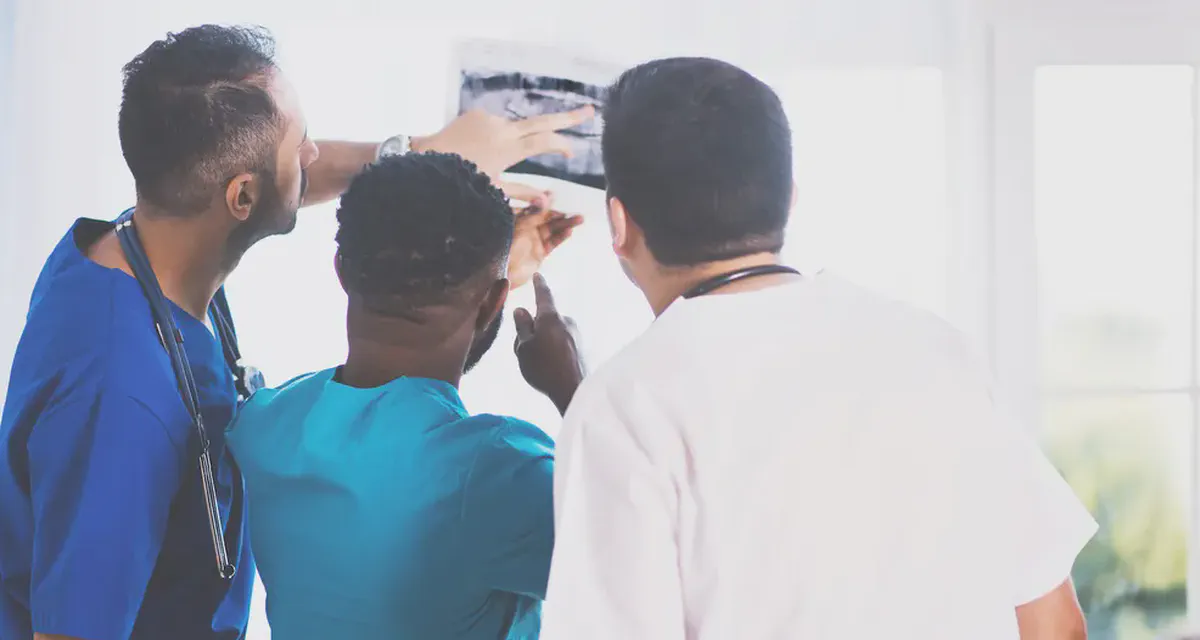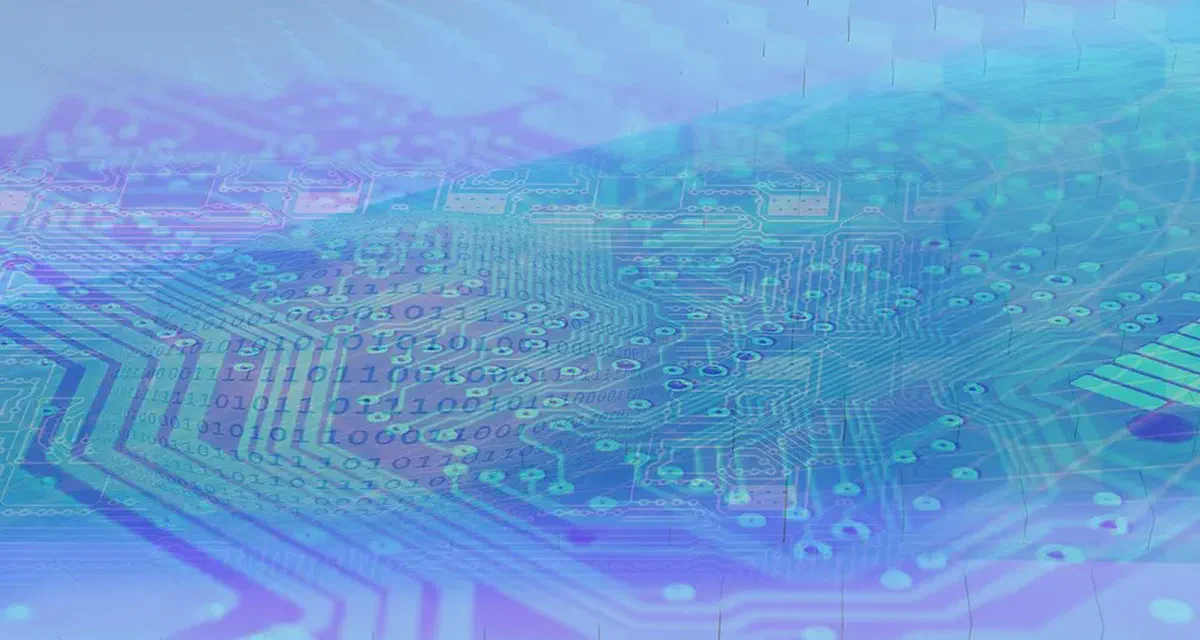Other Industries Perspectives

German research centre shares COVID-19 data globally
To support data sharing and knowledge dissemination, the Helmholtz Centre for Infection Research partnered with NHQ to create a global COVID-19 study platform.
Read More
TMD Technologies Manufacturing Case Study
TMD Technologies Limited (TMD) is among the world’s leading manufacturers of microwave tubes, high voltage power supplies, and transmitters for radar and communications applications. We helped them improve their back-office operations by deploying no code digital tools and delivering technical training.
Read More
Data sharing platforms for Influenza and RSV
As part of the ongoing work on the causes and spread of respiratory disease, the Helmholtz Centre for Infection Research in Germany sought to build on the success of the open research platform collaborating on the seroprevalence of SARS-CoV-2 (serohub.net). We rapidly scaled two additional open research platforms supporting greater collaboration on the seroprevalence of Influenza and Respiratory Syncytial Virus (RSV).
Read More
Procurement best practice – what manufacturers can learn
The National Audit Office (NAO) report on ‘Managing the Commercial Lifecycle’ is a great guide to improving your own procurement processes. Here we share some interesting findings and the key areas to make changes in.
Read More
How IoT technology can be used to improve UK public transport
There is no shortage of possible applications when it comes to Artificial Intelligence (AI) in the public sector, but while the UK government is investing heavily in AI in the private sector, what are they actually doing to implement it themselves? Some fear that governments using AI will result in a dystopian future of constant surveillance, but in reality, public sector applications of AI are far more pragmatic.
Read More
Sealing the gap in education poverty with AI & EdTech
Could education be the industry that has seen the least change over the years? While we’ve seen big changes in the accessibility of education, there is still a long way to go, and as pointed out by The World Bank, being in school is not the same as learning. Often pupils are unengaged, teachers are failing to hold everyone’s attention in class, and drop out rates and grades are proving that the one-size-fits-all approach to learning is outdated.
Read More
A partnership of Machine Learning and AI with healthcare professionals
Healthcare has always been a data-rich area, but with new technologies for processing and structuring, and new ways of collecting data, such as using sensors, like many other industries, the available data is growing exponentially. Artificial Intelligence (AI) makes it possible to analyse all this data in real-time by combing Machine Learning (ML) and Natural Language Processing (NLP), in order to gain valuable insights.
Read More
Advanced AI techniques in retail that are making their jobs a breeze
Artificial Intelligence (AI) is already beginning to transform several industries, and it continues to divide opinions on whether it will transform our lives for good, for bad, or exaggerate existing divides by benefitting some and neglecting others. One of the areas where AI has been applied with extremely effective results is in retail, both online and off, and is a fine example of why AI can be simultaneously good and evil, highlighting the need for regulation.
Read More
What to watch for in the FinTech startup industry
If anyone has raced ahead with AI adoption, it’s the finance industry. The rise of AI goes hand in hand with the wave of FinTech services and applications that have surfaced in recent years. From automating the approval of loan applications and spotting fraud to personalised services and cryptocurrencies, these applications save time, reduce errors and ultimately save money. This makes them a lucrative investment for banks, who seem to be at the forefront of the AI revolution, showing other industries that making bold changes and engaging with these technologies is worthwhile.
Read More
Can AI outperform medical professionals in diagnosis?
Last year the Guardian reported that AI is 'equal to humans in medical diagnoses' when interpreting images, referring to a study published in Lancet Digital Health. The study revealed that AI 'deep learning' systems were able to detect disease 87% of the time and correctly gave the all-clear in 93% of cases (the equivalent success rate in healthcare professionals is 86% and 93%). This means that AI in healthcare is on track to support medical professionals, leading to faster, cheaper diagnoses and drug development. This will allow healthcare professionals to achieve more with their time and help more people.
Read More